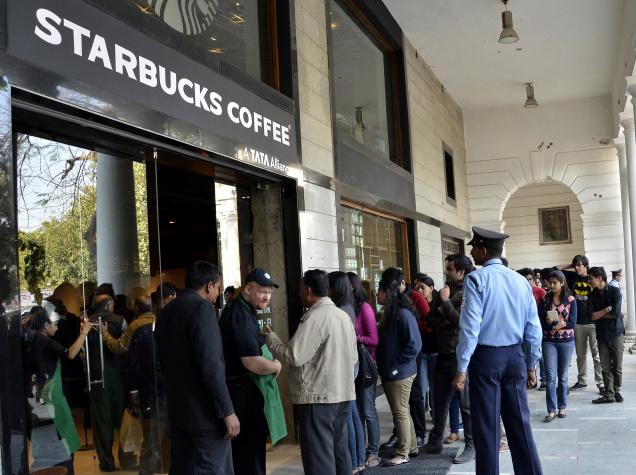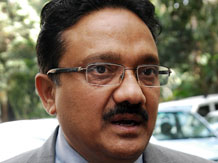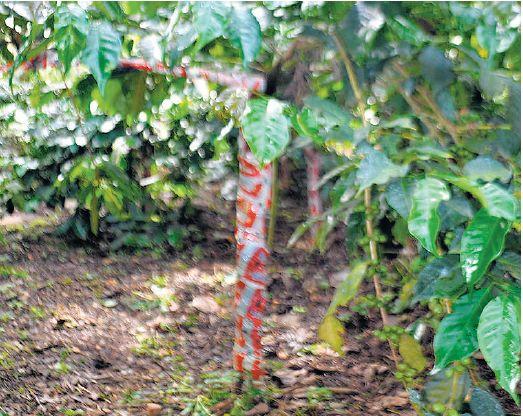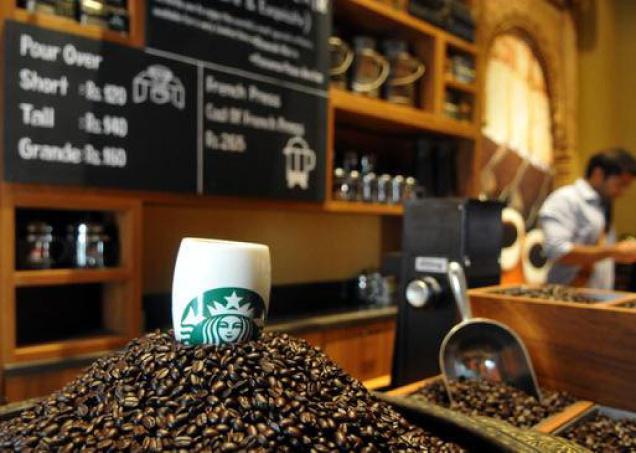Planning to open two more stores in the city by year-end. Coorg coffee on menu.
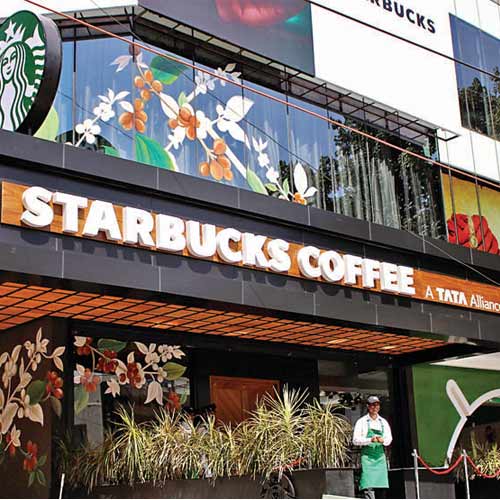
Coorg and Chikmagalur will soon find a mention in Starbucks stores worldwide.
The US coffee chain is planning to sell arabica coffee sourced from the estates of Coorg and Chikmagalur in its global stores.
Called India Estates Blend, this medium roast coffee was launched last month to be sold in packages of 250 gms at the 30 Starbucks stores in Mumbai, Pune, NCR and Bangalore.
It is sourced, roasted and packaged in India.
John Culver, group president, Starbucks China and Asia Pacific, channel development and emerging brands, says the company would “take this Indian coffee to our 17,000 stores globally.”
Explaining that Starbucks is evaluating plans to make India Estates Blend available globally, Culver says they source coffee from 30 countries.
“Over the last year, we discovered there is very high quality arabica available in India. So it will be good to take India coffee, blend it with other coffees, and sell in the global stores.”
Operational through a 50:50 joint venture between Tata Global Beverages and Seattle-based Starbucks Corporation, Tata Starbucks has also set up a coffee roasting and packaging plant at Kushalnagar in Coorg with a capacity to produce 375 metric tonnes.
India Estates Blend is the second blend brought out by the firm after the India Espresso Roast, that is sold at their outlets across India.
Culver wants India to be one of the top 5 markets for Starbucks globally. Speaking during the launch of the group’s flagship outlet in Bangalore, Culver says Bangalore reflects “our commitment to expand across India.”
Entering India in October 2012, the company operates 29 other stores across NCR, Mumbai and Pune.
Starbucks is planning two more stores in Bangalore before December-end, at Phoenix Market City and Orion Mall. The management believes they can build a ritual of Starbucks in the daily lives of Indians.
Brand consultants feel despite the cluttering in the market in Bangalore, which is the home for Cafe Coffee Day, Starbucks will establish its niche, simply on the basis of its image.
A cuppa numbers
India is a leading exporter of coffee. In the coffee year October 2012-September 2013, India exported 3 lakh tonnes of coffee, as per the Coffee Board. The US and EU are main markets for Indian coffee.
The per capita consumption of coffee in India is low, at 90 grams. In Brazil, another leading coffee exporter, per capita consumption is 6 kg, as per data by Care Research.
The organised cafe market across India boasted sales of Rs 1,246 crore in 2012, and is expected to touch Rs 2, 222 crore by 2017, as per consulting firm Technopak.
The number of cafes in the country will grow from 1,950 last year, to 2,900 by 2017.
Price of coffee minus taxes, can range from Rs 70-80 for a simple cappuccino or latte, to over Rs 180-200 for flavours like hazelnut, or cinnamon, or caramel.
Currently, Cafe Coffee Day is the leading player with 1,498 outlets across India. It has plans of reaching 2,000 outlets by 2015.
source: http://www.dnaindia.com / DNA / Home> Bangalore> Report / by DNA Correspondent, Place:Bangalore, Agency:DNA / Saturday, November 23rd, 2013
